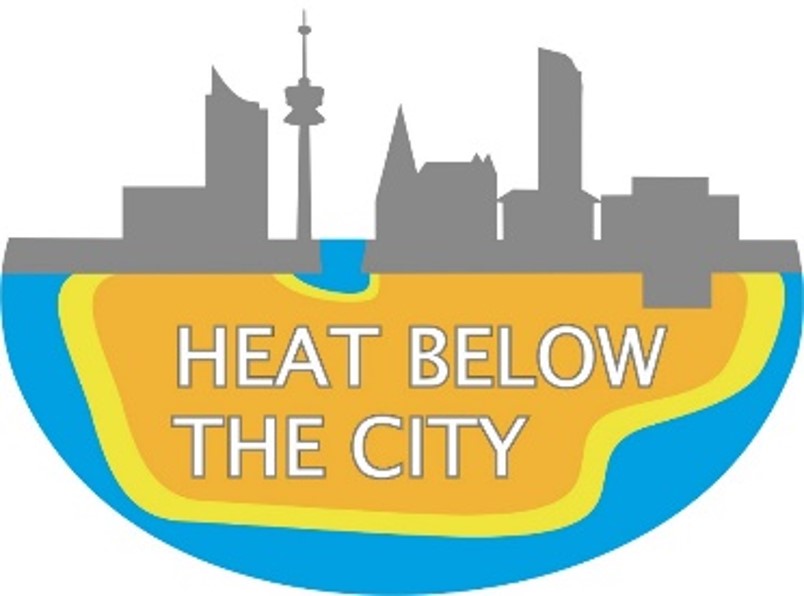Christian Griebler at the Department of Functional and Evolutionary Ecology is leading the “Heat below the City” project.
Description: Groundwater is one of our most important and heavily utilized resources. However, it is also home to a variety of microbes and fauna. These organisms, while assumed to provide vital ecosystem services including water purification, are very susceptible to intermediate-term (years to decades) changes in environmental conditions. In urban areas, a multitude of pressures like increased temperatures, extensive surface sealing and pollution are impacting groundwater ecosystems with deteriorating effects on biodiversity and groundwater water quality. Focusing on subsurface heat accumulation as a main driver, 150 groundwater wells distributed within the city limits of Vienna were sampled in Autumn 2021 and Spring 2022 to include seasonal variability. A large set of biotic and abiotic variables was recorded to reveal driving factors of spatio-temporal biodiversity patterns, microbial and fauna community composition and links between species richness and water quality. Our preliminary results show that the mean groundwater temperature of 14°C in Vienna is about 2°C above the natural background outside the city, with anthropogenic heat sources having a main impact on the degree of warming and groundwater biodiversity. The absence of dissolved oxygen (DO) and NO3- as well as the presence of dissolved Fe2+, HS– and CH4 hint at zones with distinct redox processes prevailing.
Collaborators: Christine Stumpp (BOKU) and Gregor Götzl (Geological Survey of Austria)
Duration: 3 years (01.03.2021 – 29.02.2024)
